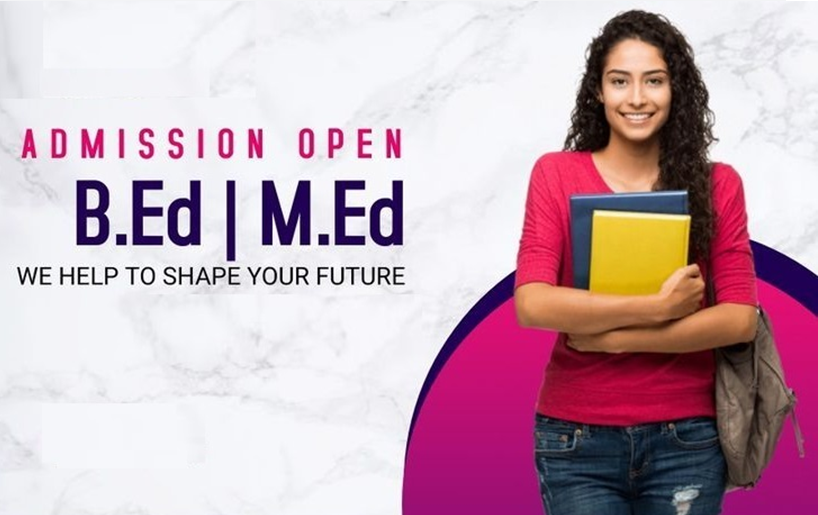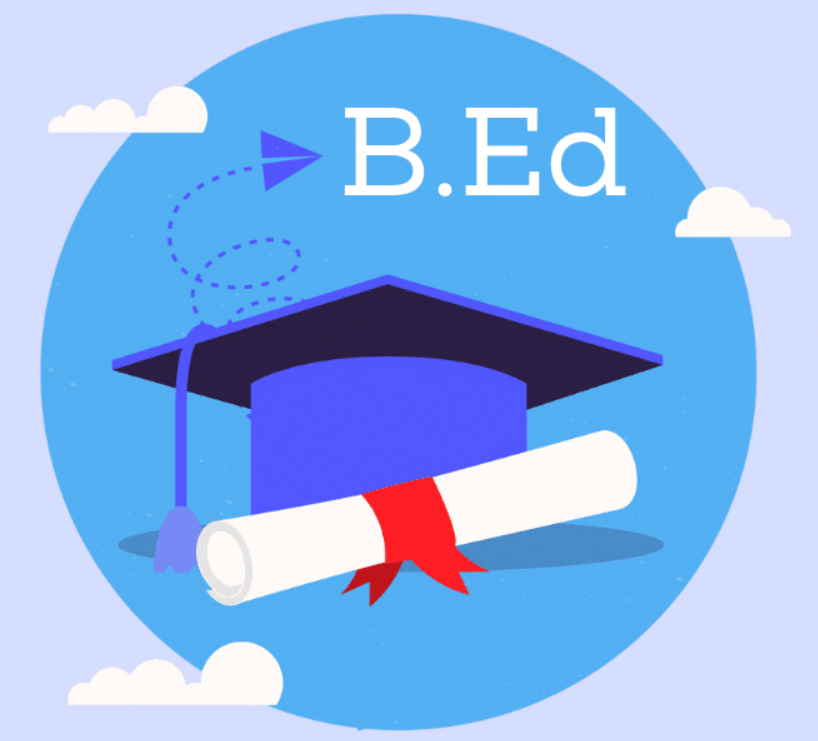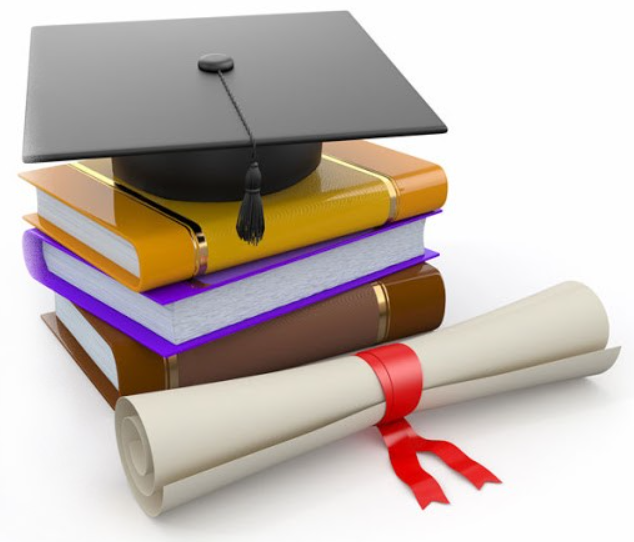B. Ed. (Bachelor of Education)
Introduction
B.Ed. Program is a set of twelve theory courses and practical work that are linked together meaningfully aiming at achieving excellence and competence in pedagogic practices and enabling the student teacher to become an efficient and effective school teacher. The said program will end in awarding a degree 'Bachelor of Education'.


Course
A course is a constituent of a ‘program’ and may be conceived of as a composite of modules which include academic content of various subjects. The content included in courses have academic coherence and it fulfils the objectives of the program.
Credit Point
Credit point refers to the total work expected to be done by learner and an index of the number of learning hours. These learning hours include variety of learning activities like preparatory lessons, school lessons, internship, preparation of learning material, case study, action research, reading, reflecting, discussing, attending lectures / counselling sessions, writing assignments, preparing for examinations, etc. Each theory course consists of four credits wherein one credit is construed as corresponding to 15 hours for theory and 30 hours for practical.
Objectives of the Program
After completion of B.Ed. program, the student teacher will be able to -
- Acquire conceptual tools of sociological analysis and hands-on experience of of engaging with diverse communities, children and schools.
- Apply knowledge of various aspects of development of learner for planning learning experiences.
- Develop skills regarding various role of teacher in facilitating learning.
- Develop a conceptual understanding about issues of diversity, inequality and marginalization in Indian society and the implications for education.
- Apply constructivist and cooperative learning principales for teaching-learning process.
- Analyze contexts and the relationship between school curriculum, policy and learning.
- Apply knowledge of the cultures, policies, and practices that need to create an inclusive school.
- Use infromation and communication technology for enhancing learning-teaching process.
- Use drama and art for development of personality of learners.
- Relate knowledge about gender, school, and society with learning.
- Acquire basic understanding about new trends in education.
- Develop professional attitude towards teaching.












